Acne affects about 85% of people between the ages of 12 and 24, and about half of adults have acne or acne-like skin issues.
What the heck is going on here? Why is acne so common?!
ACNE HAS BEEN AROUND A LOT LONGER THAN MODERN SOCIETY
Some people might have you thinking that acne only afflicts people who eat a lot of junk food and don’t wash their faces. The truth is, acne is not a new phenomenon and isn’t just a disease of the industrial world.
Pharaohs and ancient Egyptians with acne are some of the earliest references we have to the skin condition (fun fact: sulfur has been used as an acne treatment at least since the time of Cleopatra).
The root of the word “acne”actually comes from Greece, and so we know it wascommon enough to write about then, too.
And you know those spot patches that conceal and treat blemishes? In 18th Century France,wealthier people wore similar patches, except in the flashy shapes and decorative designs.
Then you might expect to find zero acne in isolated, non-industrial societies, but you’d be wrong. Despite plant-based, traditional lifestyles, isolated tribes still experience acne.
WHAT DO THESE GROUPS SHARE IN COMMON?
A lot separates us from the ancient Egyptians, and yet so much connects us. Like our ancestors, the root of all acne is genetic – it’s written in our genes and is affected by our environment. We all have a unique genetic code, and that code is turned “on” or “off” by certain things in our environment, like stress and diet.
But a question that bothers many science-minded people, is why something like acne is still so prevalent today? Why wouldn’t evolution select against this genetic trait and favor clear-skinned individuals?
After all, isn’t that the point of evolution, to select against these negative traits?

SO WHY DOES ACNE STICK AROUND?
One unpopular and unlikely theory is that adolescent acne “wards off” potential mates until the afflicted person is mature enough to reproduce and become a parent.
This is obviously wrong for many reasons, including that adult acne is common and that people with acne still reproduce.
Another fun theory I like to entertain is that we evolved into hairlessness too quickly. Even though this change may have been beneficial for our survival, it wasn’t necessarily beneficial for our skin. Oils that our skin naturally produce to moisturize our lost apishness, and now our mostly-hairless bodies leave our sebum with little to do but clog our pores.
There are a few reasons this theory doesn’t fully explain why we still get acne, because not everyone with oily skin gets acne. However, when variation in genetics comes into the equation, we can explain why this occurs.
WE MAY NEVER REALLY KNOW THE ANSWER
Mostly, we only have part of the picture right now and even our best ideas are just guesses. We don’t really know why acne has managed to subsist for so long, but maybe the answer is simpler than we realize.
If I had to take a guess, I’d say that acne sticks around because it doesn’t really affect our survival, it doesn’t affect our ability to find mates, and unless we let it, it really doesn’t affect much of anything except our skin.
- Our skin is healthiest when it’s protected and moisturized by our sebum, but that same sebum can clog our pores.
- Our bodies are healthiest when there is a diversity of host bacteria to help us, but we are also exposed to harmful or irritating organisms which then thrive on our waxy sebum.
- Inflammation is important to protect the body from injury and infection, but inflammation also contributes to and worsens the acne-forming process.
At the end of the day, not everything exists because it fulfills an evolutionary purpose. Some things are merely side effects of the changes along the evolutionary scale. So, while there are genetic predispositions to acne, they seem to offer no real benefits or disadvantages. And so, acne continues to slip under our evolutionary radar.
IN CONCLUSION
The human body is perfectly imperfect, just like everything else in the universe. Things aren’t put together the way they would be if they were designed, they’re put together somewhat sloppily as our environment changes and we are forced to adapt.
Because of this magnificent yet backward process, parts of us that change for one reason may affect us in other ways.
But isn’t that beautiful?
We’re just stepping stones in history, and it’s exciting to be alive at a time when we are both aware of these complexities and capable of evaluating them based on an evolutionary model.
Even though some might expect acne to have been a reproductive deterrent, and therefore have been selected against as we evolved, acne is a mostly-harmless skin disease and it has never impeded our ability to carry on our lives fully and happily.
The unfortunate side is that as we become more conscious and aware of ourselves - especially of our appearance and what others might be thinking of us - we become affected on a deeply psychological level.
The question that remains to be answered is, how will this change us as we continue to evolve?

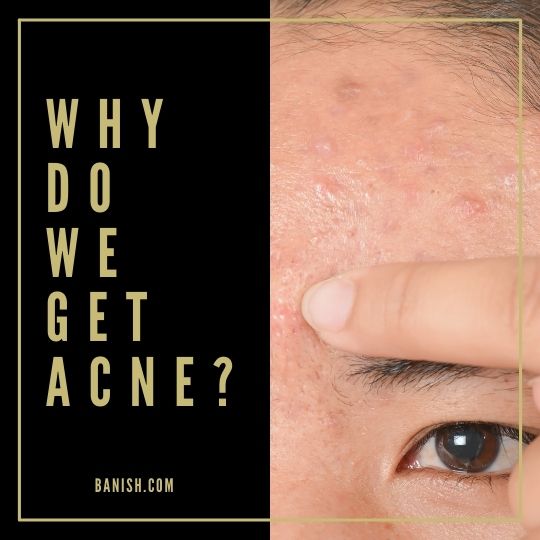
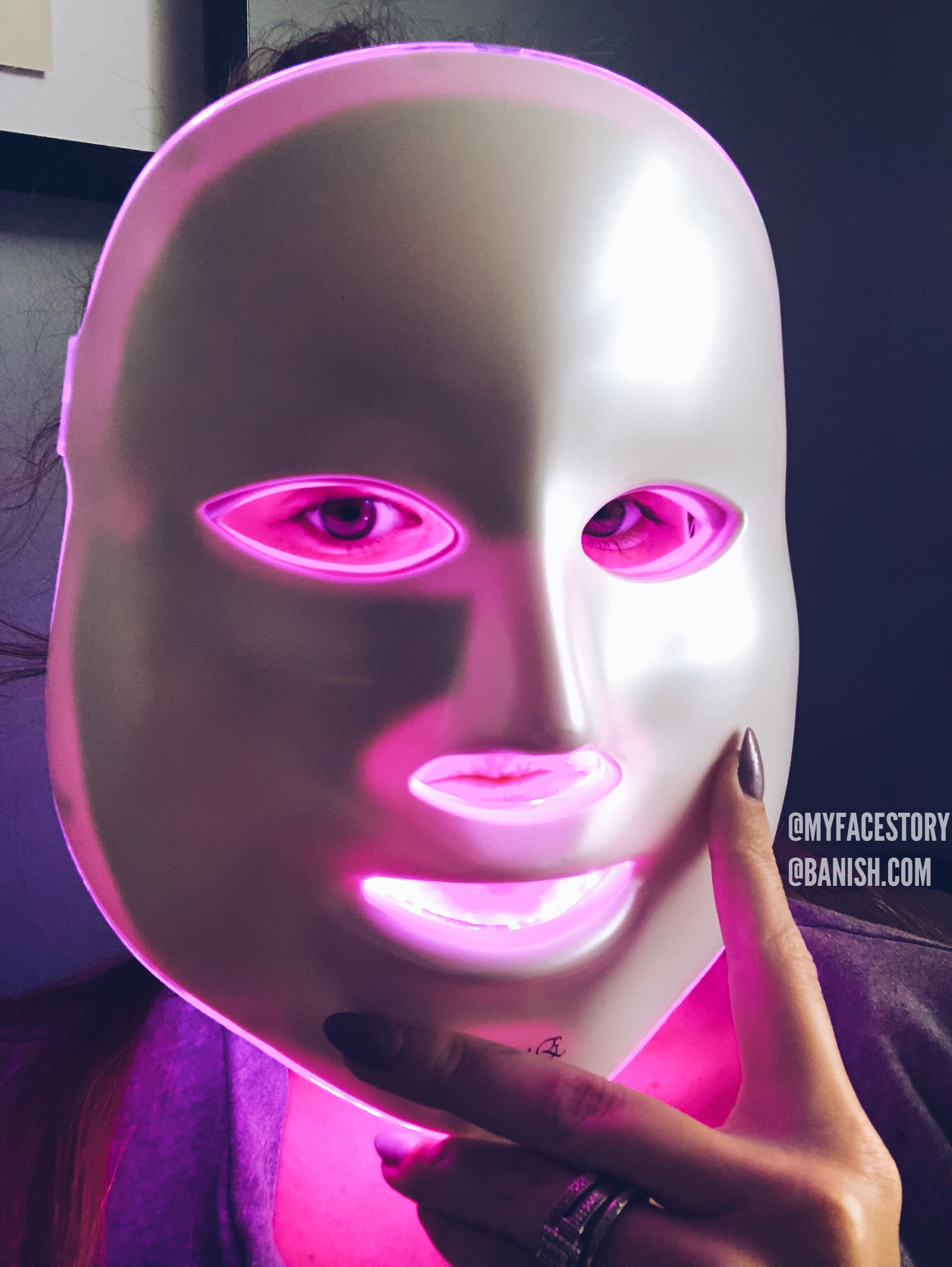
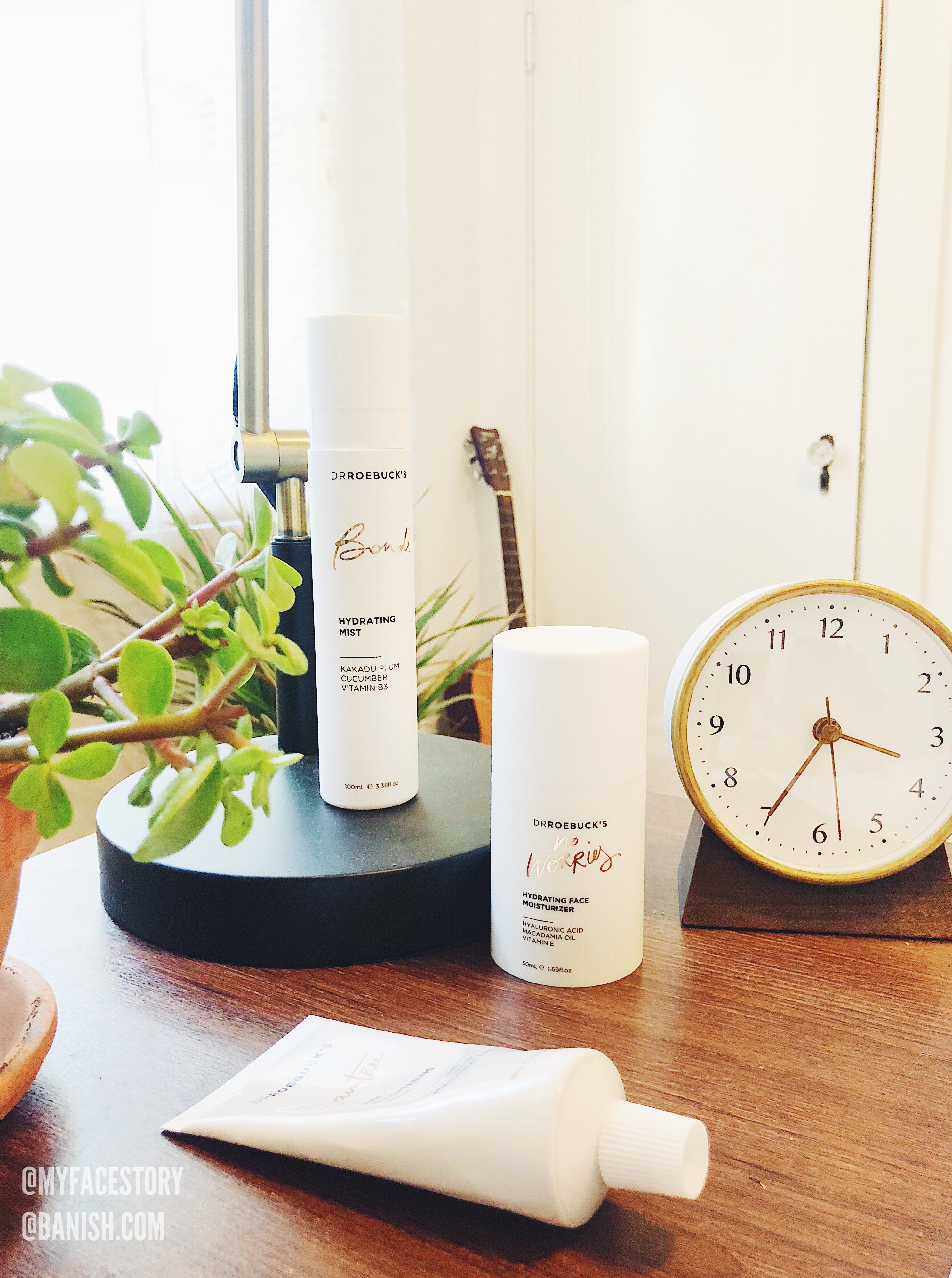










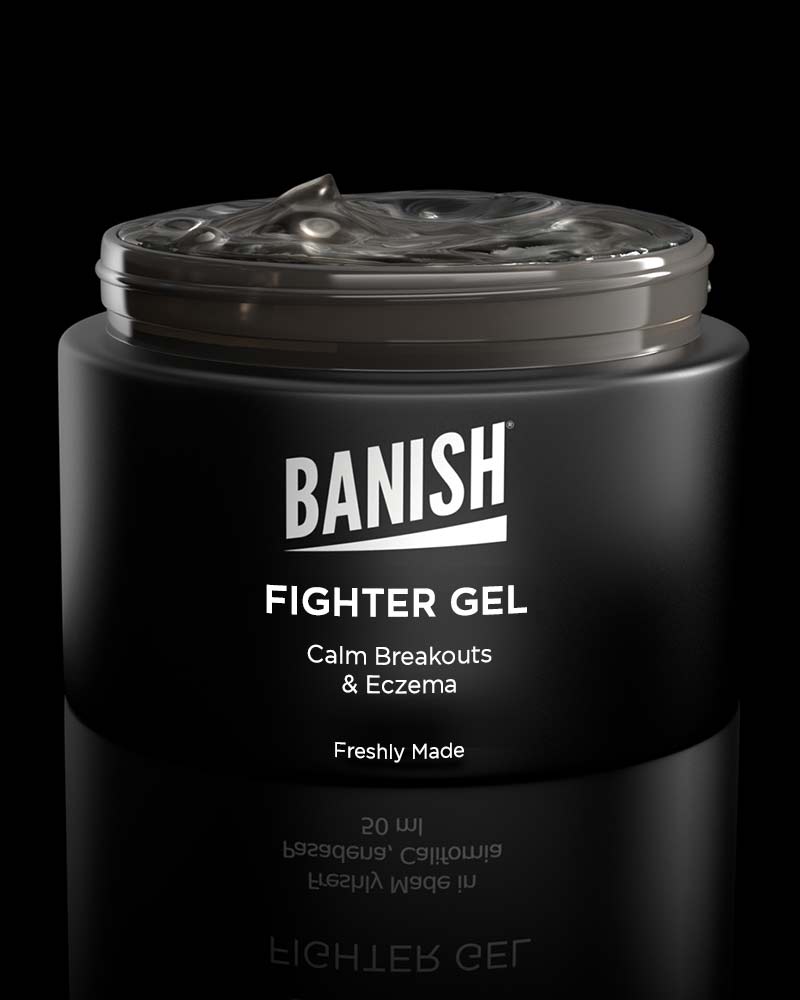
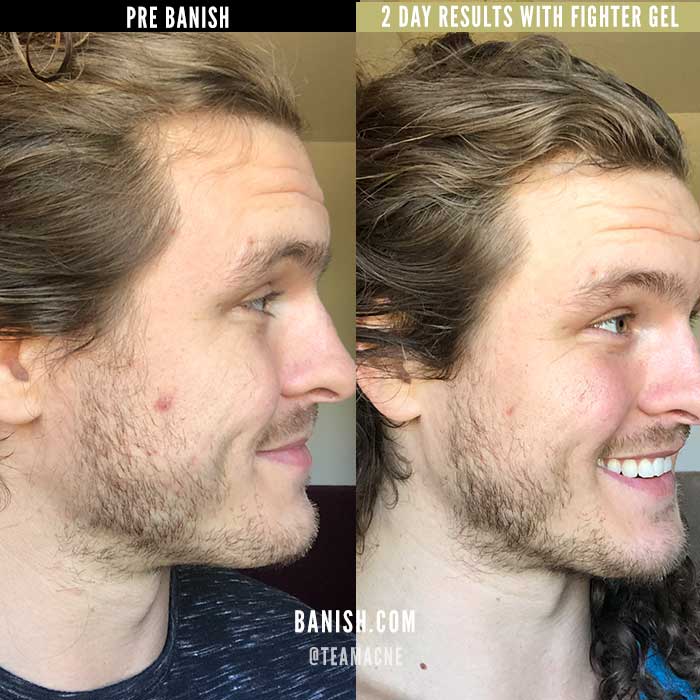










Leave a comment
All comments are moderated before being published.
This site is protected by hCaptcha and the hCaptcha Privacy Policy and Terms of Service apply.